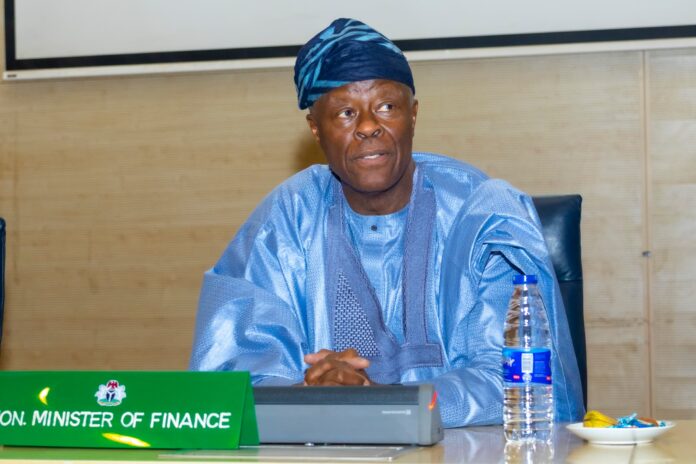Nigeria’s Minister of Transportation, Senator Said Ahmed Alkali, has reaffirmed the Federal Government’s commitment to overhauling the transport sector through massive infrastructure investment, manpower development, and far-reaching policy reforms.
Speaking at the 2025 Nigeria Transport Sector Summit organised by the Transport Correspondents Association of Nigeria (TCAN) at the Radisson Hotel, Ikeja, Lagos, Alkali described the reforms as “critical to unlocking the nation’s economic potential and driving inclusive growth.”
He praised President Bola Ahmed Tinubu for championing transport transformation under the Renewed Hope Agenda, noting that government efforts are already reshaping Nigeria’s mobility landscape.
“The President has provided clear direction and commitment to making public transportation efficient, safe, integrated, and affordable. His administration’s policies are laying the foundation for a truly modern transport system,” Alkali said.
The minister highlighted major rail modernization efforts, including the completed Port Harcourt–Aba segment of the Port Harcourt–Maiduguri line and progress on the Kaduna–Kano and Kano–Maradi corridors, which have reached over 50% and 60% execution levels respectively.
“At the pace we are going, the Kano–Maradi line will reach Katsina by December 2025 and be ready for full completion by March 2027,” Alkali disclosed.
He further revealed plans for a High-Speed Rail network linking Lagos, Abuja, Kano, and Port Harcourt—designed to redefine long-distance travel across Nigeria.
Modern Bus Terminals, Human Capital Push
Alkali announced Federal Executive Council’s approval for modern bus terminals in Abeokuta, Onitsha, Warri, Kano, Lokoja, and Gombe to tackle congestion and phase out unsafe motor parks.
On human capital, he cited the Federal University of Transportation, Daura, and the Nigerian Institute of Transport Technology (NITT), Zaria, which trained over 6,000 professionals in 2024 and established 12 Compressed Natural Gas (CNG) Conversion Centres to support the government’s clean energy drive.
He also celebrated the launch of dual-fuel locomotives on the Abuja–Kaduna corridor, with plans to expand eco-friendly rail solutions nationwide.
Alkali announced the long-awaited approval of the National Land Transport Policy, describing it as a “strategic tool” that will guide future land transport development after decades of delay.
Commending TCAN for convening the summit, he urged participants to generate actionable recommendations that would strengthen the transport and logistics value chain.
“This summit has come at a perfect time. I urge participants to deliver outcomes that will help turn the theme into tangible results,” he concluded.
The 2025 Nigeria Transport Sector Summit brought together government officials, industry experts, and stakeholders to chart pathways for innovation, efficiency, and sustainability in Nigeria’s transport future.














